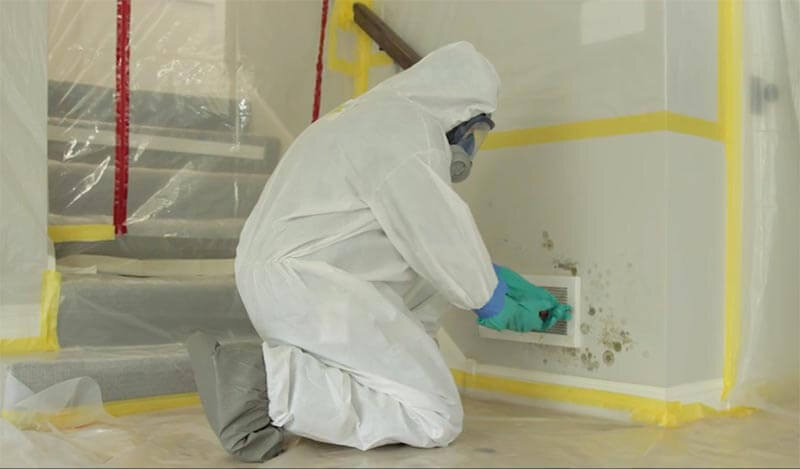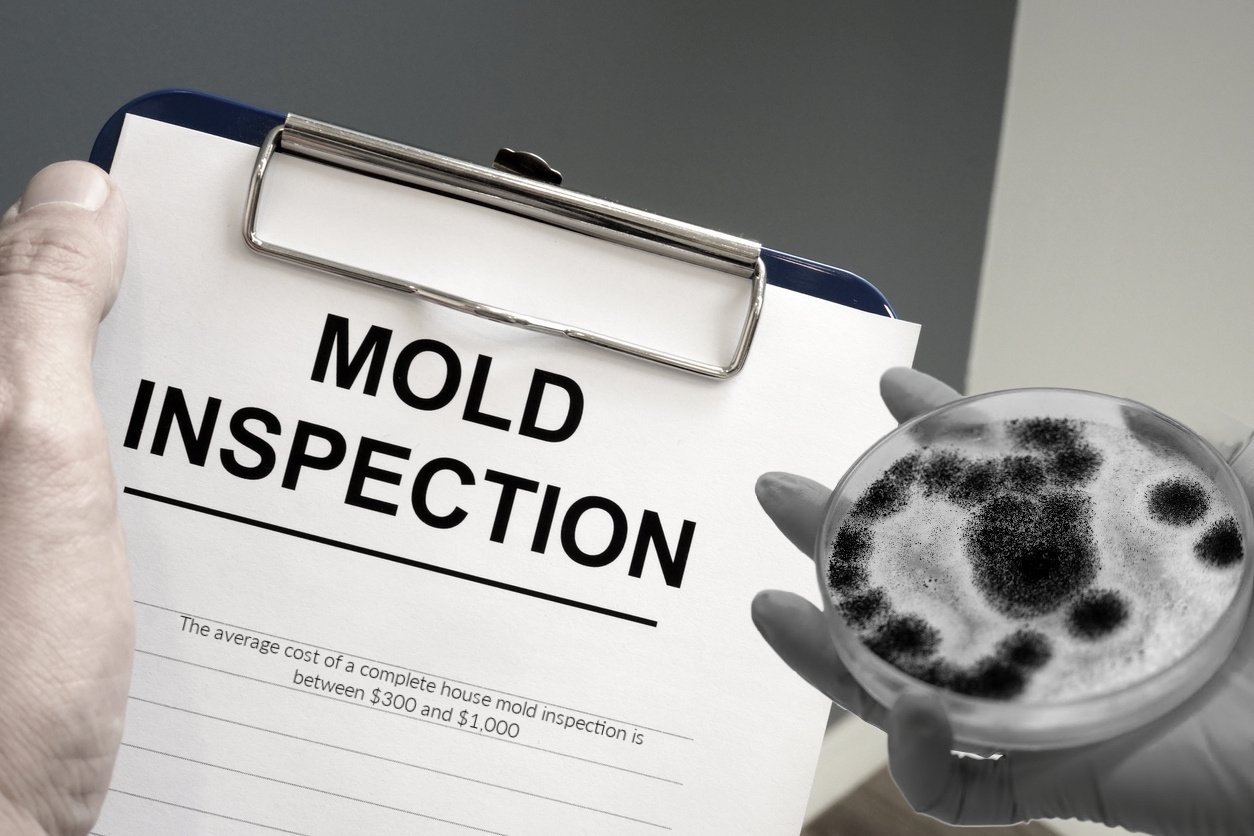Your Ultimate Guide to Article Mold And Mildew Removal Methods
Browsing the realm of post-mold remediation techniques is a meticulous procedure that requires attention to information and a detailed understanding of the details included. In the results of mold and mildew invasion, knowing exactly how to successfully eliminate the mold and stop its reoccurrence is vital for maintaining a healthy interior atmosphere. From selecting the appropriate cleansing and decontaminating techniques to executing strategies for long-lasting mold and mildew avoidance, each action in the removal trip plays a vital role in guaranteeing a successful end result. As we start this expedition of post-mold remediation techniques, we will certainly uncover the vital methods and finest practices that can aid you restore your area to its pre-mold problem and guard it against future mold hazards.
Understanding Post-Mold Remediation Process
After completing the mold remediation process, it is important to recognize the post-mold removal strategies that are essential to make certain a efficient and complete clean-up. Once the mold has been removed, the next action entails cleansing and sanitizing the impacted areas to stop any type of regrowth of mold. This consists of making use of specialized cleaning agents to clean down surface areas and kill any continuing to be mold and mildew spores. It is essential to dry out the location entirely to discourage the development of mold in the future (Post Remediation Inspection near me). Appropriate ventilation and dehumidification can assist in this procedure.
In addition, performing a last examination post-remediation is crucial to ensure that all mold has been efficiently eradicated. If the examination reveals any sticking around mold and mildew, extra removal may be required.
Effective Cleaning and Decontaminating Methods

Avoiding Future Mold Growth

Significance of Proper Air Flow
Appropriate air flow plays an important function in preventing dampness buildup, a vital element in mold development within indoor settings. Efficient ventilation systems help get rid of excess humidity from the air, lowering the chances of mold and mildew spores discovering the wetness they require to spread and sprout. Without sufficient air flow, indoor rooms can come to be a breeding ground for mold, bring about prospective health dangers and structural damage.
By making certain correct view it now air flow, air flow systems mold removal specialist can also assist in drying out damp areas quicker after water damages or flooding cases, even more deterring mold development. After mold remediation. In spaces like bathrooms, kitchen areas, cellars, and attic rooms where dampness levels tend to be higher, installing and maintaining effective ventilation systems is vital in protecting against mold infestations

Surveillance and Upkeep Tips
Provided the essential duty that proper ventilation plays in avoiding mold and mildew growth, it is crucial to develop reliable surveillance and Related Site upkeep pointers to ensure the ongoing functionality of ventilation systems. Monitoring moisture degrees within the residential or commercial property is also important, as high humidity can contribute to mold development. By remaining aggressive and conscientious to the problem of air flow systems, residential property owners can efficiently reduce the risk of mold regrowth and keep a healthy and balanced interior atmosphere.
Conclusion
In conclusion, post-mold removal strategies are crucial for ensuring a risk-free and clean setting. Recognizing the procedure, executing effective cleaning and decontaminating approaches, protecting against future mold and mildew growth, maintaining proper air flow, and regular monitoring are all essential action in the removal procedure. By complying with these standards, you can effectively remove mold and mildew and prevent its return, functioning or promoting a healthy and balanced living space for all residents.
In the aftermath of mold and mildew infestation, recognizing how to effectively get rid of the mold and stop its reoccurrence is critical for keeping a healthy interior atmosphere. As soon as the mold has actually been removed, the following step entails cleansing and decontaminating the affected areas to protect against any type of regrowth of mold and mildew - Post Mold Remediation. After eliminating noticeable mold and mildew growth, it is critical to clean all surface areas in the damaged location to eliminate any staying mold spores. To even more improve mold and mildew avoidance measures, it is vital to resolve underlying concerns that initially led to mold growth.Offered the critical role that appropriate ventilation plays in protecting against mold growth, it is necessary to develop reliable monitoring and maintenance suggestions to make sure the ongoing performance of ventilation systems
Comments on “Essential Steps After Mold Remediation”